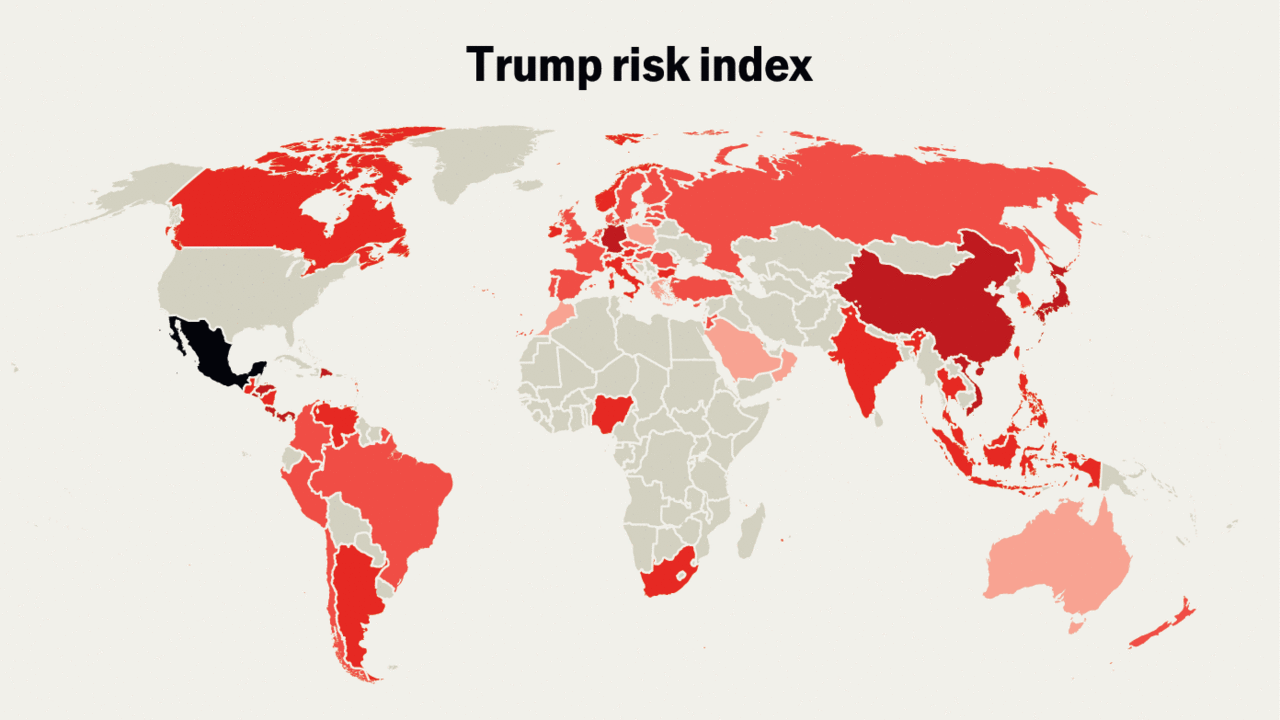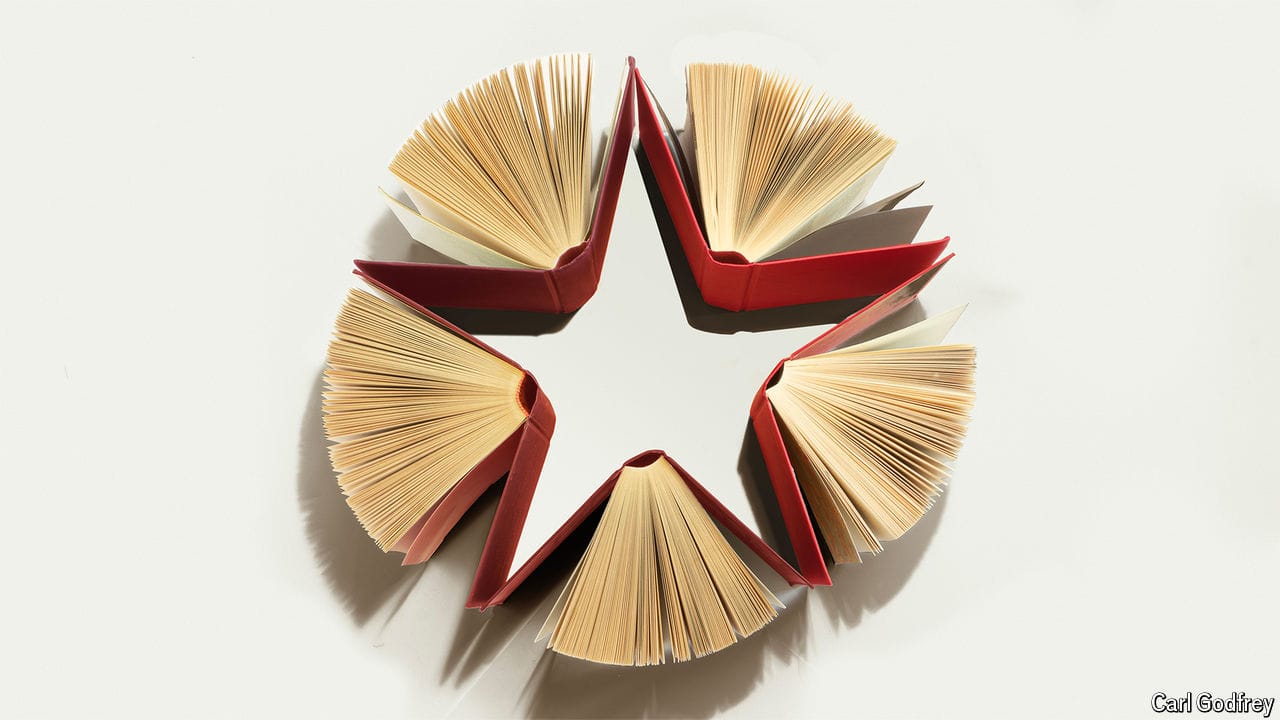China’s $10bn annual spending on soft power has bought little of it
Global approval ratings for the Communist Party have fallen in the last decade

CHINA WANTS the world to love it. In 2007 Hu Jintao, its leader at the time, announced to a congress of the Communist Party that acquiring soft power, or ruan shili, was essential for the country to become a global force. Xi Jinping, who succeeded Mr Hu in 2012, has zealously continued his mission to expand China’s cultural appeal as quickly as its economic heft and military strength. Today the party spends about $10bn a year on soft power.
Its most notable strategy has been to build Confucius Institutes on foreign university campuses. These offer instruction in Mandarin, cooking and dancing, among other cultural pursuits. According to Joshua Nederhood of Development Reimagined, a consultancy based in Beijing, the party has opened more than 500 of these institutes in the past 15 years, along with nearly 1,200 Confucius Classrooms, which offer language courses at schools. This rapid growth means that China, which had almost no foreign cultural outposts in 2000, now has more than any other country.
More from Graphic detail

Which countries would be most affected by a second Trump term?
A ranking of America’s 70 largest trading partners

How long would it take to read the greatest books of all time?
The Economist consulted bibliophile data scientists to bring you the answer

Why 2024 could become the hottest year on record
Global temperatures reach record highs twice in less than a week
Donald Trump is now the oldest candidate to run for president
But America’s issue with ageing politicians goes beyond the White House
Which country has the most Olympic medals?
One dominates. But a tiny island shows there are numerous ways to measure sporting prowess
Can America afford its debts?
Public debt stands at 98% of GDP. Neither Democrats nor Republicans are helping